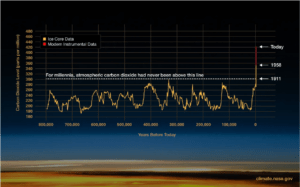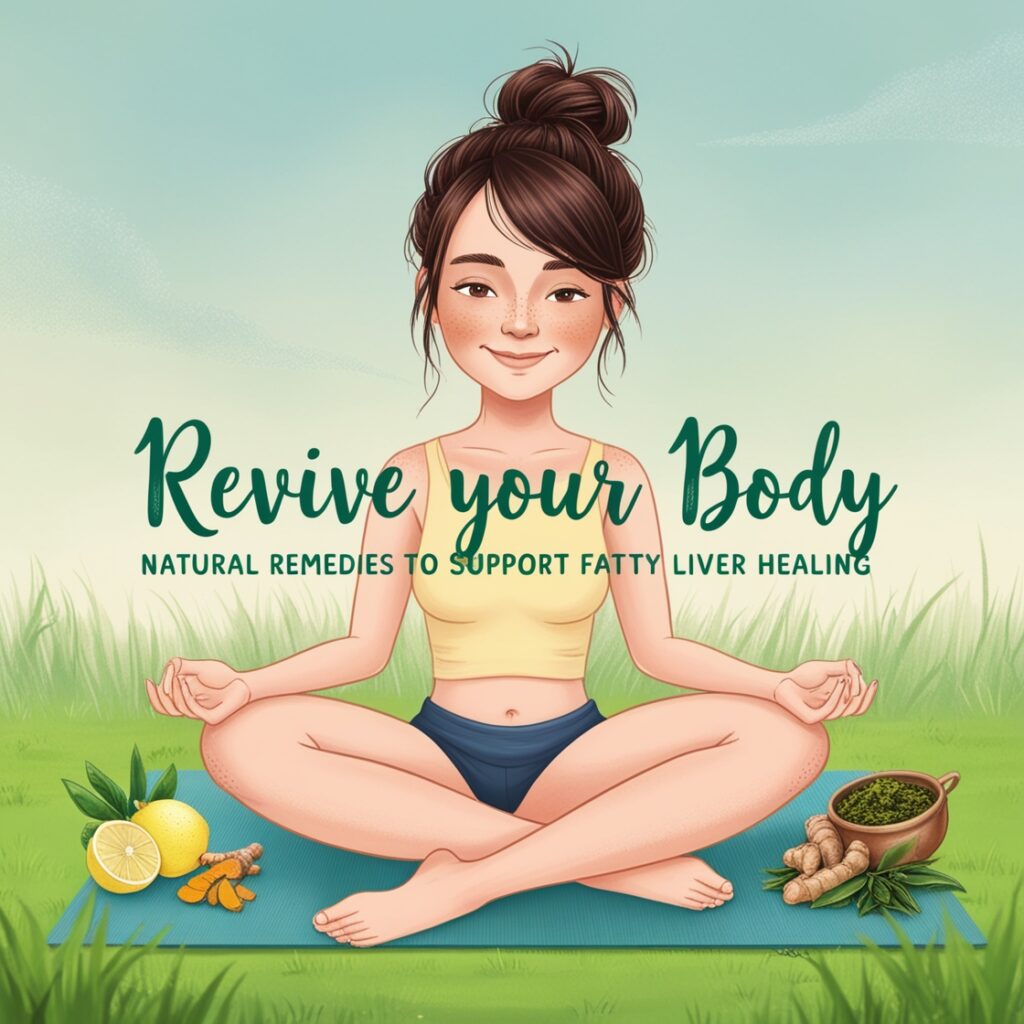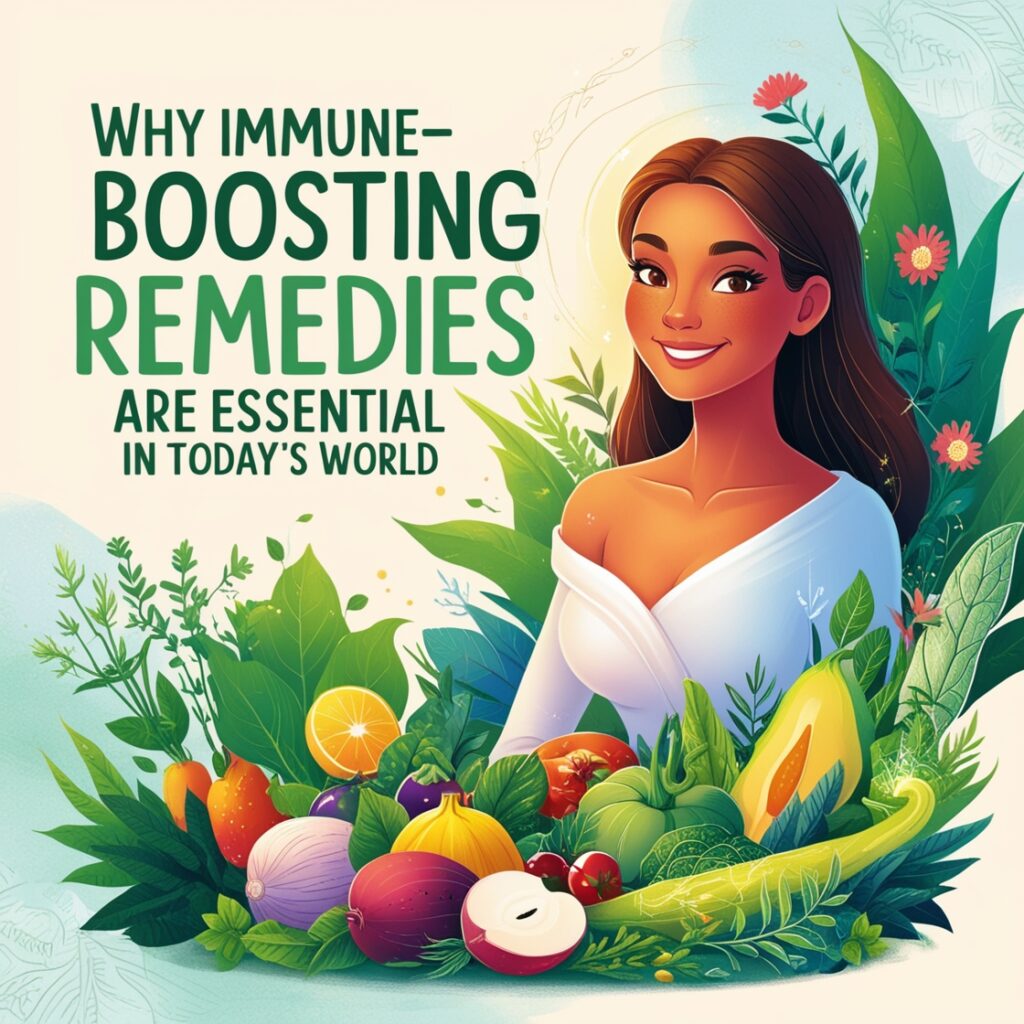The Impact of Climate Change on Human Health
Global warming is not only a phenomenon related to the climatic conditions of the earth; it affects our bodies too. Weather conditions ranging from extremely hot to extremely wet impact us and other living organisms in many aspects, including changes in disease distribution. It’s just time to discover what impact this global occurrence has on the health of humans.
The annual rate of such changes is also observed higher than in the entire history since the middle of the 20th century.
Earth’s climate has changed throughout history. Just in the last 800,000 years, there have been eight cycles of ice ages and warmer periods, with the end of the last ice age about 11,700 years ago marking the beginning of the modern climate era — and of human civilization. Most of these climate changes are attributed to very small variations in Earth’s orbit that change the amount of solar energy our planet receives
 This graph, based on the comparison of atmospheric samples contained in ice cores and more recent direct measurements, provides evidence that atmospheric CO2 has increased since the Industrial Revolution.
This graph, based on the comparison of atmospheric samples contained in ice cores and more recent direct measurements, provides evidence that atmospheric CO2 has increased since the Industrial Revolution.
Extreme Weather Events
Heatwaves: Intense heatwaves are a more frequent occurrence now that the Earth’s temperature is gradually rising. This can bring heat stress, including heat exhaustion and possibly heat stroke. Children, the elderly people, and anyone with underlying medical conditions are some of the most vulnerable people.
Floods and Storms: Heavy rain and the intensification of storms may result in the occurrence of floods, leading to injuries and even deaths. Flooded water also pollutes sources of domestic water, leading to waterborne diseases.
In an Ayurveda, addressing heat stress and waterborne diseases with herbal medicine can provide natural relief and promote wellness.
Air Quality
Air Pollution: Higher temperatures contribute to rising concentrations of pollutants in the air. This aggravates air quality and can trigger respiratory diseases, including asthma and chronic obstructive pulmonary disease (COPD).
Allergies: Climate change can also lengthen the pollen season and increase pollen production, making life difficult for those with allergies.
Using natural products from an Ayurvedic shop near me or a local herb shop can help alleviate symptoms related to air pollution and allergies, supporting better respiratory health.
Vector-Borne Diseases
Mosquitoes and Ticks: Increased temperatures also increase the spread of illnesses transmitted by mosquitoes and ticks, such as malaria, dengue fever, and Lyme disease. These conditions can spread to other areas, affecting more populations.
Herbalists and alternative medicine practitioners can offer natural solutions to boost disease resistance and enhance harmony in life through organic farming and wellness practices.
Food and Water Security
Food Supply: Climate change impacts agricultural production, causing instability in crop production and food scarcity. This can lead to malnutrition, especially in developing nations where food insecurity is evident.
Water Scarcity: Fluctuations in precipitation cause droughts, reducing the accessibility of clean water and inviting waterborne diseases.
Incorporating natural products and practices from a local herbal medicine shop can support better health management during times of food and water insecurity.
Mental Health
Stress and Anxiety: The effects of climate change, such as unpredictability, can cause stress, anxiety, and other psychological problems. Victims of disasters may suffer from both psychosocial ailments and other mental disorders as a result.
Focusing on wellness through Ayurvedic principles can help manage stress and anxiety, promoting overall mental health and environmental health.
Vulnerable Populations
Certain groups are more susceptible to the health impacts of climate change, including:
- Children: More sensitive to heat and air pollution.
- Elderly: More vulnerable to heat-related illnesses and have weaker immune systems.
- Low-Income Communities: Often lack resources to cope with climate impacts and may live in areas more prone to flooding and extreme weather.
Access to an Ayurvedic clinic or a local store near me specializing in natural products can provide essential support for these vulnerable populations.
Taking Action
While the impacts of climate change on health are serious, there are steps we can take to mitigate these effects:
Reducing Carbon Footprint: By using renewable energy, conserving water, and reducing waste, we can help slow down climate change.
Adaptation Strategies: Building resilient infrastructure, improving healthcare systems, and developing early warning systems for extreme weather can help communities better prepare and respond.
Personal Health: Staying informed about climate risks and taking precautions, like staying hydrated during heatwaves and using mosquito repellent, can protect your health.
Conclusion
Understanding the connection between climate change and health is crucial for taking action to protect ourselves and future generations. By working together at individual, community, and global levels, we can mitigate these health impacts and build a healthier, more resilient world.
Stay informed, stay safe, and let’s all do our part to combat climate change!













